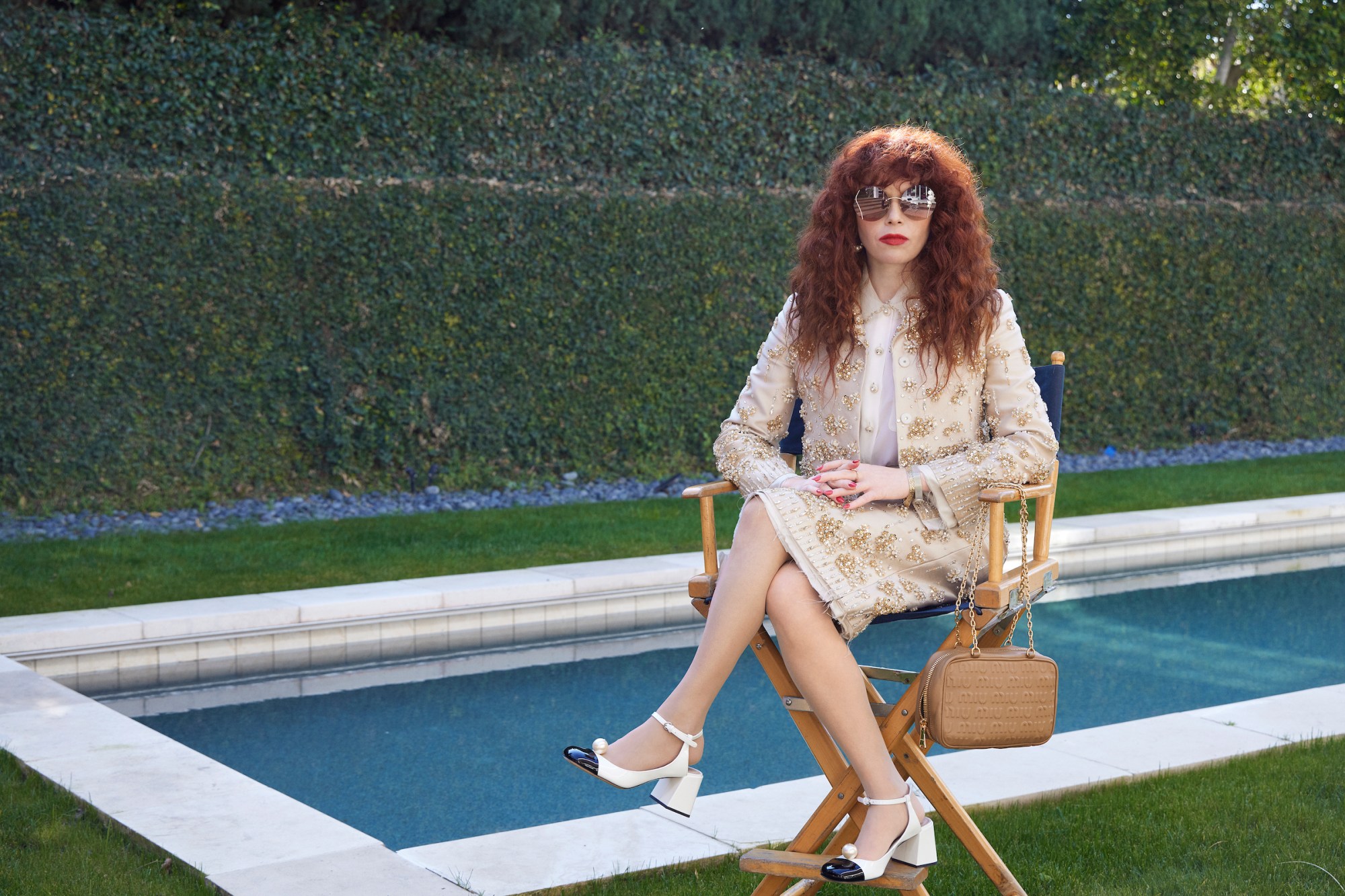Film festivals have no shortage of women in attendance. Every year, the international calendar of industry screenings and red-carpet premieres – from Cannes to Venice, Toronto to Sundance – generates endless coverage and headlines around the actors and models and what they’re wearing.
Yet, behind the camera, within the ranks of directors, producers, lighting directors, and technicians, there are still not enough women. According to the Women in Hollywood think tank, out of the 325 nominations for directors during this year’s awards season, only 8.9 per cent were women, of which nine women accounted for the 29 nominations, and only three of whom were non-white. This is in 2022.
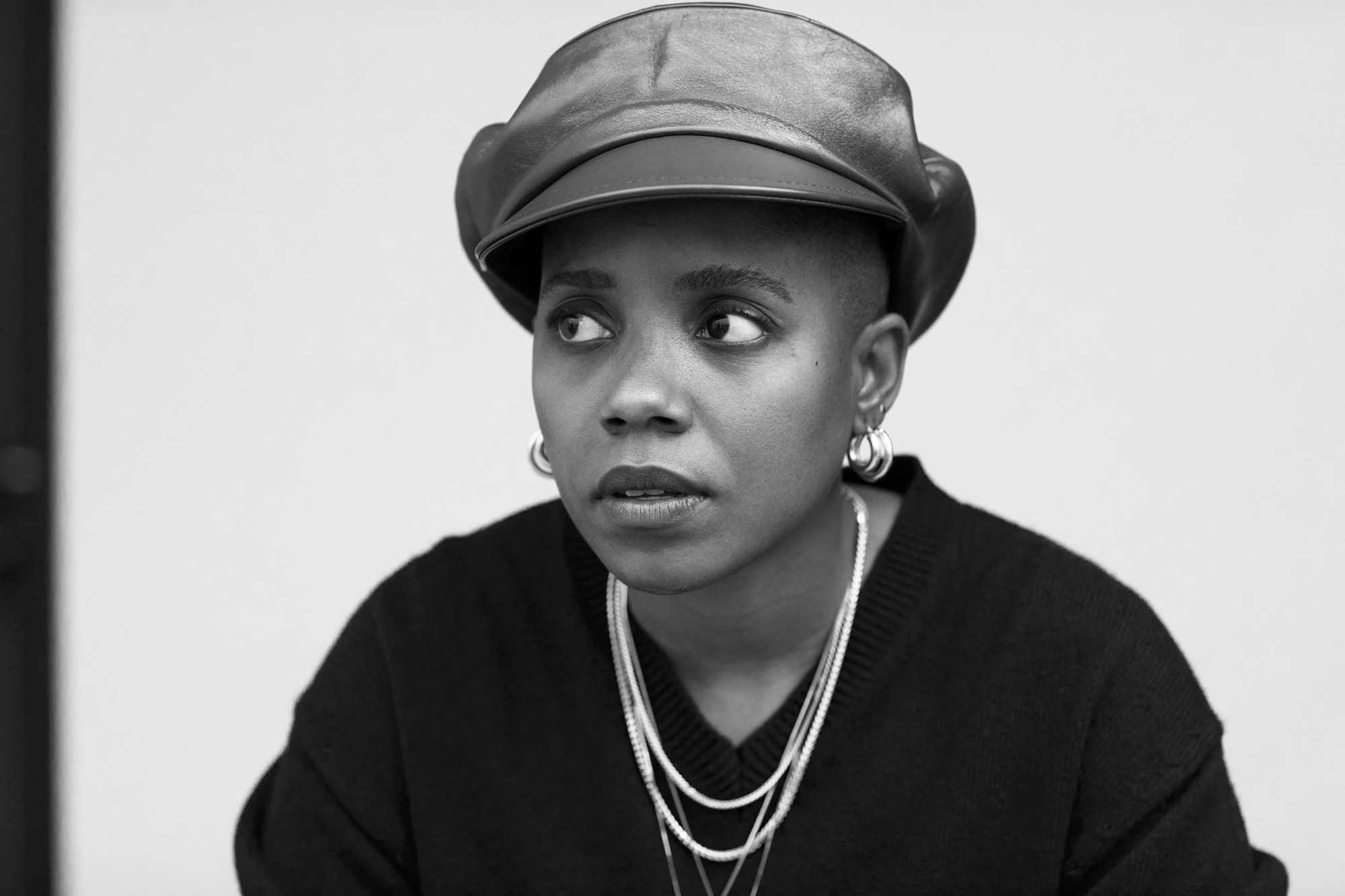
Of course, there are exceptions. At the Venice Film Festival, which closed this weekend, it’s been women directors who have won the top Gold Lion Prize for the last three years (although out of the 22 films nominated, only five were directed by women).
It’s also one of the only international film festivals to have a segment entirely dedicated to women, in front of and behind the camera. That comes courtesy of Miuccia Prada, who ten years ago took Miu Miu Women’s Tales, the platform she launched to commission female directors, to the glittering canals and hair-tousling speedboats of Venice. Every year, Miu Miu commissions two short films from two different directors, and then debut them at the festival, offering a space for women to explore the notion of what it means to be a woman in whatever way they want.
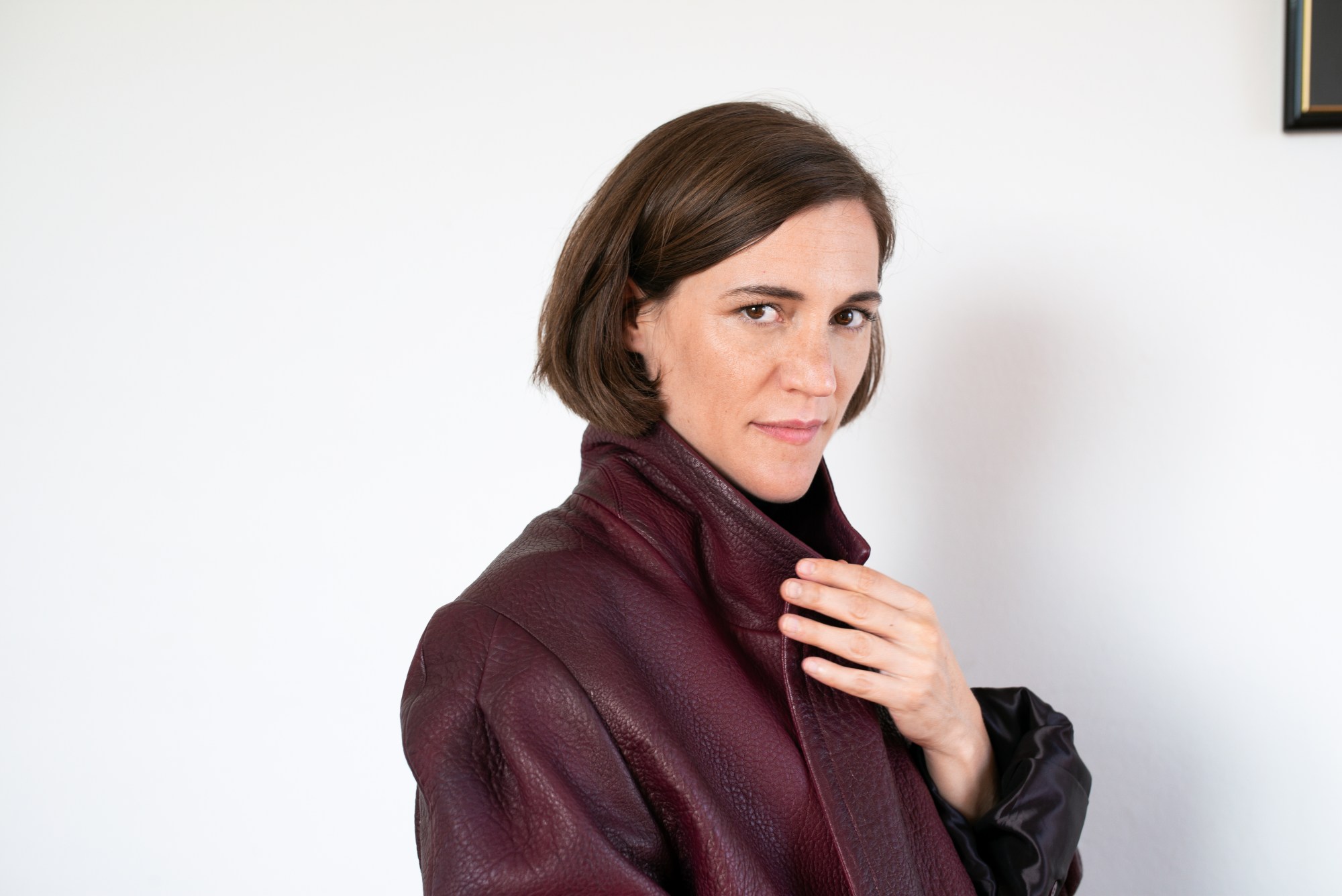
There is an impressive Rolodex of directors who have been a part of the platform so far: the late Agnes Varda, Ava Duvernay, Miranda July, Chloë Sevigny, Dakota Fanning, Lynne Ramsay, and Maty Diop. This year it welcomed American-born Janicza Bravo (she directed Zola) and Spanish director Carla Simon (her film Summer 1993 was Spain’s nominee for Best Foreign Film in the 90th Academy Awards). 24 short films have been created as part of the series so far, all of which pose vital, if not deliberately ambiguous, questions: How do women appear to themselves? How do they appear to each other? How should women be seen today?
The stories are varied, of course, but they have one thing in common in that they all illustrate the diversity and nuances of the female gaze, often offering an opportunity for women behind the camera, as well as those in front of it. As Miu Miu puts it: “Power, desire. Vanity, sophistication. Rites, rules. Dreams, nightmares. Even the smallest moment of a woman’s daily life contains multiple facets.” It’s no surprise that many of the female directors who have taken part in the platform also hire other women to be on set, as well as in the roles.
The short films also serve as an exercise for the directors to interpret Mrs P’s collections for Miu Miu – the clothes become costumes, sometimes even props. As far as fashion-culture crossover goes, it’s one that feels organic as the Pradaverse is a place where fashion and art go hand-in-hand; just look at the Prada Fondazione’s impressive collection of contemporary art and the brand’s support for creatives in many other adjacent fields.
“The urgency of collaborating has always been at the centre of Mrs Prada’s work, she decided to create this program in order to find a concrete way of investigating, through the gaze of talented directors, the world of femininity and vanity and what it means today,” explains Verde Visconti, the global head of communications at Prada. She points out that there needn’t be an aesthetic connection between the directors and Miu Miu, but that she and Mrs Prada are drawn people with a strong voice and vision, each one selected to represent the times. “I like to think that we are collecting stories that these directors wanted to tell and had not found the place to do so,” she adds.
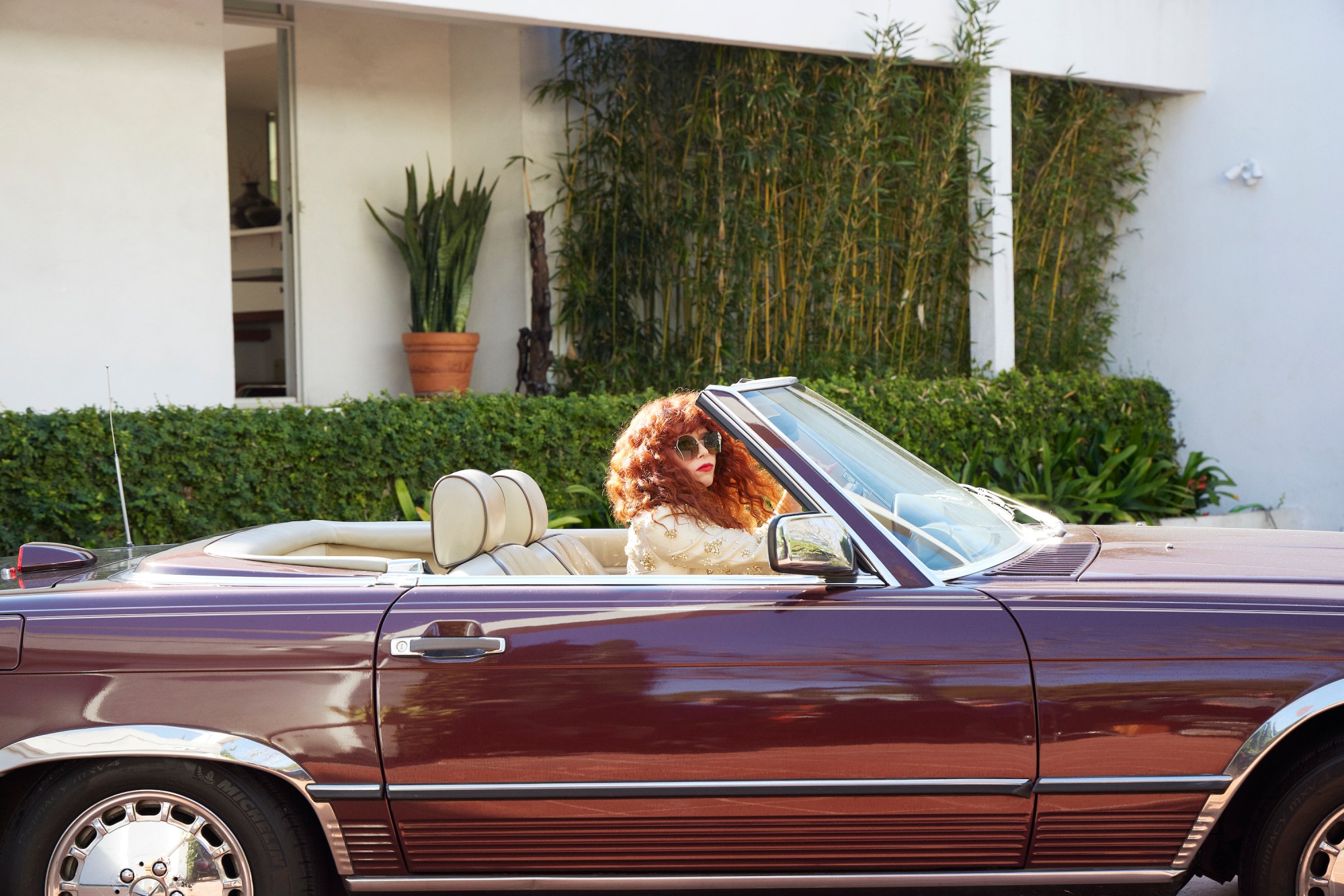
This year the two directors presented as part of Women’s Tales couldn’t be more different in their approach to capturing the female experience. On one hand, there’s Janicza Bravo, – the second Black woman to take the reigns of the platform – who is a buzzed-about director following the success of her second feature-length film, Zola, the script of which was based on a 148-tweet thread by a stripper and co-written by Jeremy O. Harris. For her, making a film about femininity was all about the subtle yet crisp nuances of dialogue, long silences and a rich symbolism in a highly-orchestrated visual environment. Her film, House Comes With a Bird, stars Kelsey Lu and Natasha Lyonne (among other familiar faces) follows the story of a young real estate agent (Kelsey Lu) is selling a luxurious open-plan house in LA – and a languid mood prevails as Kelsey makes herself at home in isolation, on a sunny Californian afternoon, while people come and go and a number of clipped social encounters denote dynamics of power in race, gender and class.
“I didn’t study filmmaking – I was a theatre school kid – so, for me, it is kind of an exercise in the form of filmmaking and an opportunity to explore and learn,” Janicza explained. “Also, maybe this is a better way to say there’s a feeling of being able to fail safely, you know? The format has allowed me to push the boundaries of ideas that I have which maybe end up being warm-up exercises to my feature-length work.”
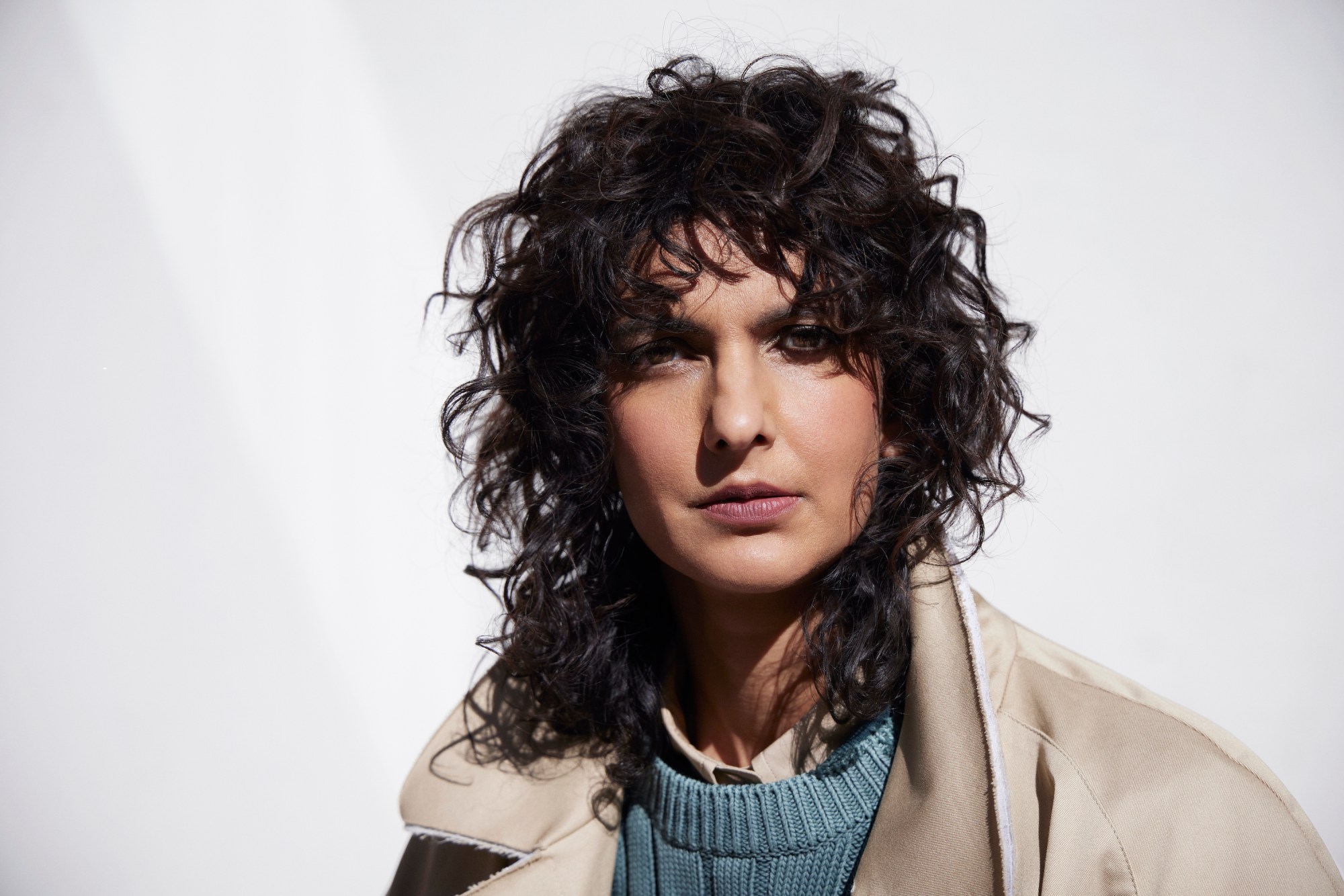
Sharing the spotlight with her is Carla Simon, a Barcelona-based director known for her collage-like films with a soft focus and analogue quality. As a six-year-old, she lost her parents to AIDS-related illnesses, and when she got the call from Miu Miu, she was heavily pregnant with her first child.
The resulting film, Letters to my Mother for my Son, offers a patchwork of imagined memories of her mother at different points in her life, if it were not cut so short, and a family history for her son to look back on. Deeply personal in tone, clothes are used as accessories to her mother’s glittering personality, passed down to Carla – informed, she pointed out, by old photographs Carla has of her, and the film begins with with candid intimacy: Carla is pregnant, naked and paying tribute to some of the only photos she has of her mother, who posed similarly when pregnant with her.
“There were things I’ve never dared to do before but this format is interesting,” explained Carla. “I wanted to do something more. I made up this story or tale about my mum and it made sense for it to be based in the countryside, somewhere more poetic, with a series of self-portraits. The idea was to make something for my son, and to explore what it means to be a mother.” In many ways, her film was a recreation of the intimate and more abstract kind of stories that relate to her experiences of womanhood and motherhood, not necessarily universal but important nonetheless. The two films couldn’t be further apart in terms of tone, aesthetic or even language but they share a sense of reflection on the themes of femininity in the modern age.
Throughout the three-day event, several actors were invited to take part in curated panel talks to discuss their work, which this time included Natasha Lyonne, Kelsey Lu, The Marvellous Mrs Maisel’s Rachel Broshanah, Riverdale’s Lilli Reinhart, Euphoria’s Quintessa Swindell, and Heartstopper’s Yasmin Finney. Many of them discussed their ambitions of moving behind the camera, becoming more involved in production, and even starting their own companies in the case of Natasha or Rachel. “We’re finding ourselves gravitate towards telling women stories unintentionally, you know, just probably because — well, it’s almost like the Beatles,” offered Natasha, whose recent show, Russian Doll, had an all-female writer’s room and production company. “Like, do I really need to see four more white guys with mop-top hairdos singing rock songs. So many many bands that have done it since and so well, it’s probably like, give somebody else a shot, they might have a different take on what music even is.”
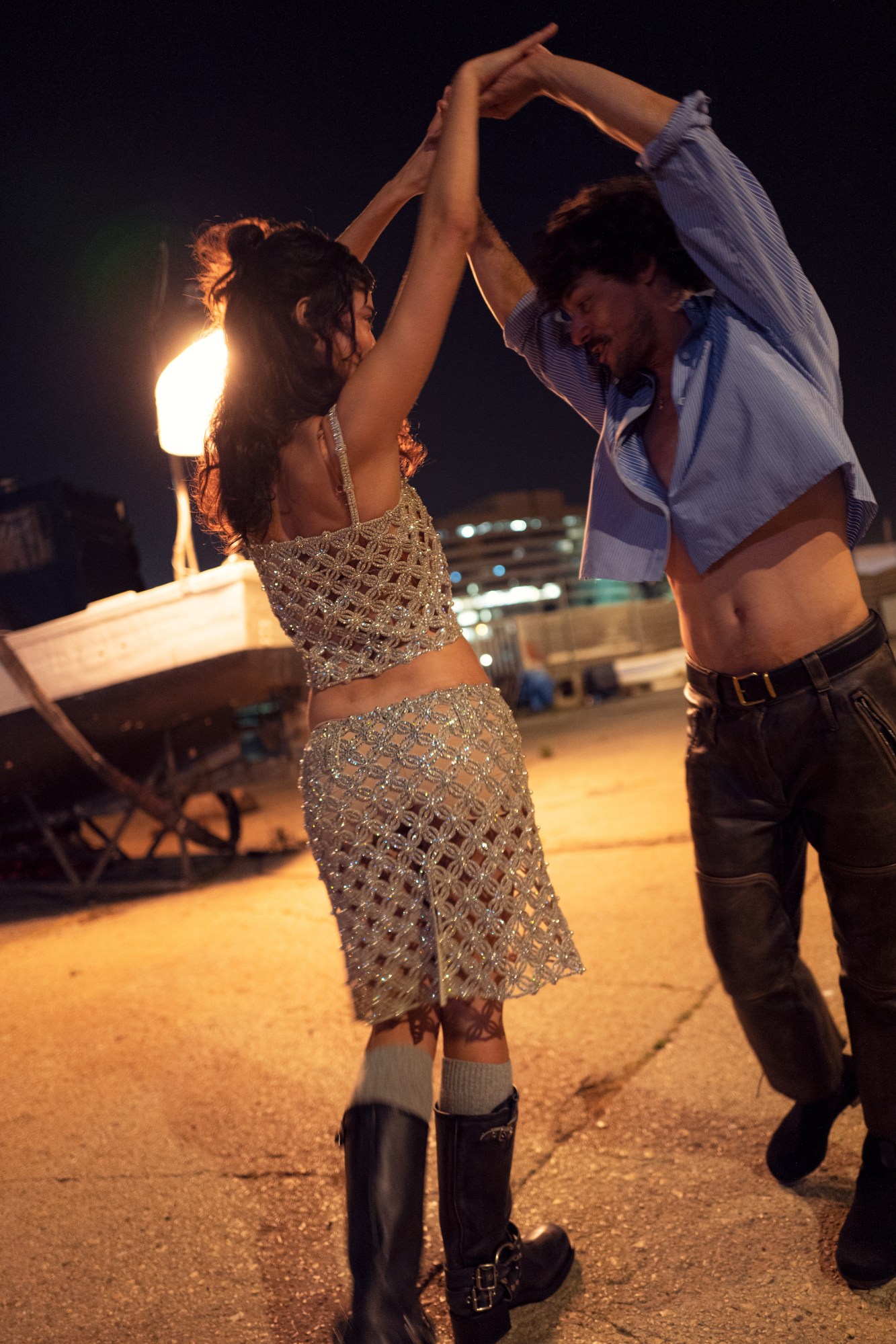
What became clear from the several panel discussions with the women is that the landscape for female-directed and produced cinema is rapidly changing, perhaps thanks in part to movements such as #MeToo, #TimesUp and #BlackLivesMatter. There’s still a long way to go, of course, but the conversations are shifting to make the broader industry more accountable to change — not just the minority of women already winning awards for their work.
“I look around me and it doesn’t make me feel great,” said Janicza of finding herself the only woman of colour on set. “I don’t know how to change it, except that we have to keep talking about it. We need to hold people accountable. When women do panels, we’re always talking about how there aren’t enough women, and how we should be hiring women. I think when men are on panels, we need to talk to them about hiring women and hiring people of colour. I think, as women, we’re always asking and answering and so we should be doing it with men.”
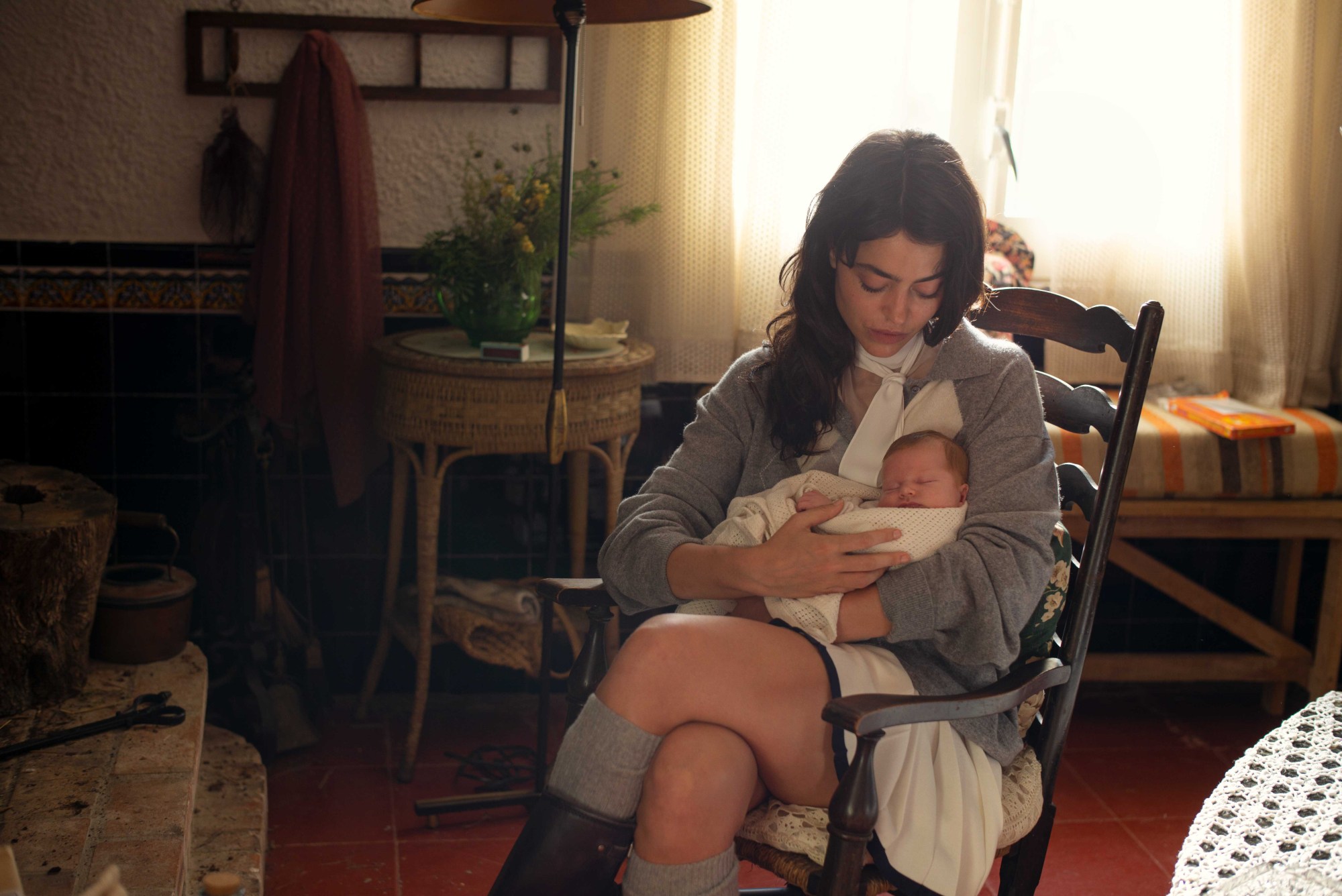
You get the sense that it’s only just getting started. Who would have thought that a fashion brand could usher in such a platform for vital change and conversation? “Ten years of commitment to supporting women filmmakers at this level goes way beyond mere lip service,” pointed out The Gentlewoman’s Penny Martin, who has chaired the Miu Miu Women’s Tales panel discussions for nine years. “For Miu Miu to be putting its considerable might and resources into the actual making of films — and for it to platform such experimental, campaigning work under its aegis at the Venice Film Festival — is extraordinary.”
Ultimately, it goes back to that question: what does it mean to be a woman in the 21st century? And what does a women’s-only platform look like when there is finally a sense of gender equality? As Penny put it: “There are just more perspectives and avenues to explore. Which is entirely in keeping with Mrs Prada’s brief; there is more than one way to be a female director — or indeed a woman, after all.”
